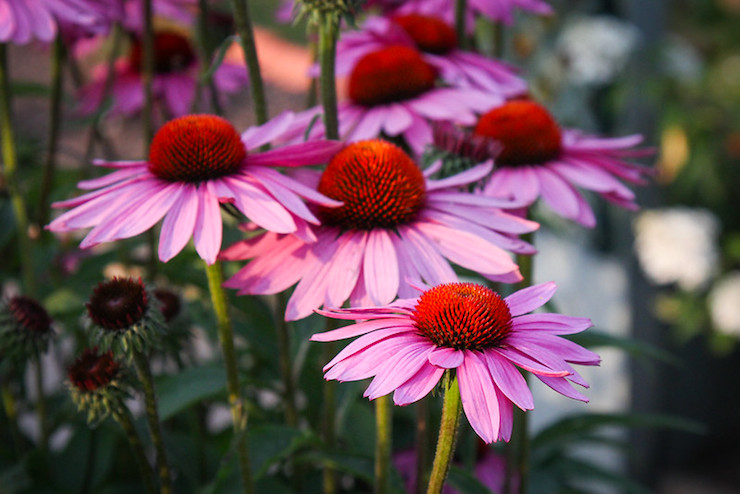Queen Bees: Can You Make Poetry From This?
In a scene in L.M. Montgomery’s Emily of New Moon, Emily, the main character, is surrounded by a swarm of girls taunting and baiting her. Emily is the new girl. She is also different. The leader of this group believes Emily is wealthy, which makes her powerful; which makes her a threat.
So she makes her a present. She hands Emily a pretty box and sweet as honey offers it to her, who opens it.
It is a snake.
This is not the end of it. In a fit of anger and after being verbally pushed into a corner, Emily tells the swarm that she will be a poet (I think she already is), but they continue to taunt and trigger her. In the thick of the sneering and name calling, one of the girls asks, “But can you make poetry out of this?” Meaning, can you make poetry out of what is cruel and heartbreaking?
It’s a question meant to crush, and to silence. To suggest that the events of one’s life—that one’s life —are not and can not be poetic is stomach turning evil.
It’s also a question that’s been on refrain in my head ever since I read it, and unlike the girls who meant to diminish Emily, “Can you make poetry out of this?” has served as a balm, and an invitation.
//
On the way to Indianapolis for a swim meet recently, my youngest daughter Harper and I were listening to music, as we do, and at one point Miley Cyrus’ “Flowers” came on.
“Do you know about this song, Mom?” Harper asked me.
“I don’t,” I said.
Harper scootched herself upright in the passenger seat and told me the story of how this song came to be. It’s a story of cunning and sneaking around and downright wrongdoing, but Cyrus uses two songs: Gloria Gayner’s “I Will Survive,” and Bruno Mars’ “When I Was Your Man” as support to find and sing her own song. She’s not copying. Cyrus is entering into and responding to a conversation of heartbreak. Her willingness to create and share is proof that yes, poetry can be made from events and moments in our lives that hurt.
Yes, our lives are the stuff of poetry.
//
When Emily professes she will be a poet, she gets a flash—a feeling that comes on in unpredictable and unexpected times—giving her a sense of power and peace. The flash doesn’t take away what’s hard and painful, but it seems to anchor her in it. We talk a lot about anchoring images and their importance in poetry. They ground us, or settle us into the poem. When we are settled, we can see: the queen’s long abdomen, like gold. Her wings, too short to cover all of what she is. Her hive, unsure when she’ll feel like flaunting or when she’ll feel like cowering, but knowing that they must protect her. That is, until a new Queen comes along.
In that too, poetry lies, waiting.
Try It: Queen Bees Poetry
Sit with, if you can, a moment that at first blush, feels painful and hard. Journal about it, taking note of sensory details. Is there an image that you can anchor yourself to? And if so, can you make a poem from it? Can you make a poem from the painful moments of your life? Think of it as breathing love into what might need it most (even the Queen Bee).
Photo by Maja Dumat Creative Commons, via Flickr. Post by Callie Feyen.
A Writer’s Dream Book

—Sarah Smith, Executive Editor Prevention magazine; former Executive Editor Redbook magazine
- Poetry Prompt: Courage to Follow - July 24, 2023
- Poetry Prompt: Being a Pilgrim and a Martha Stewart Homemaker - July 10, 2023
- Poetry Prompt: Monarch Butterfly’s Wildflower - June 19, 2023

Leave a Reply